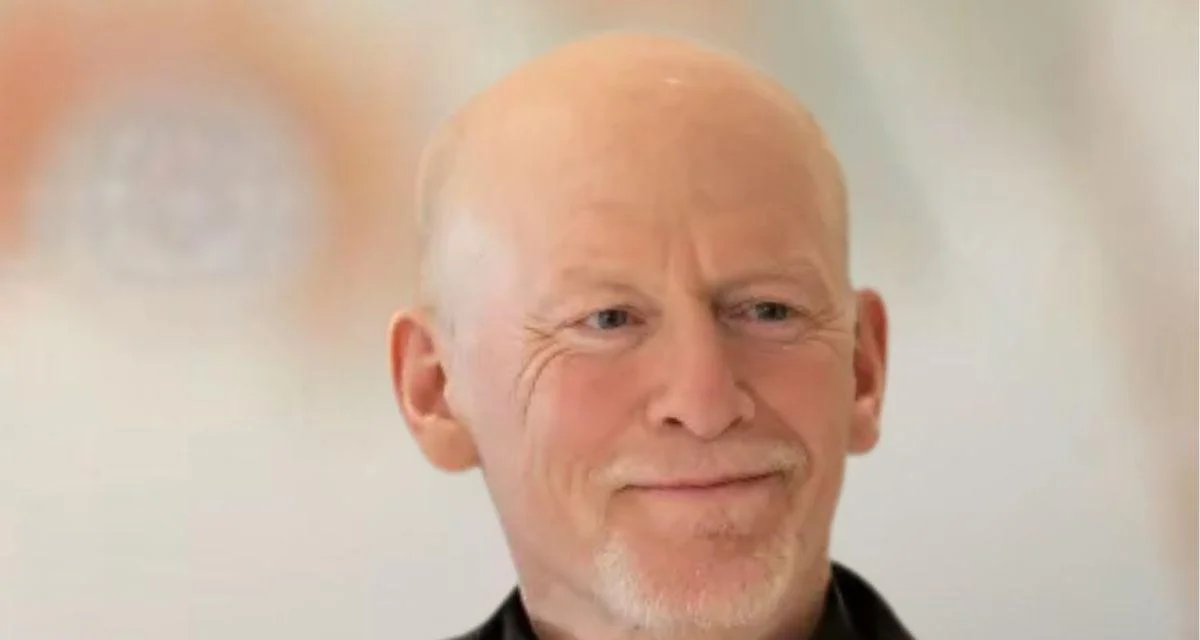
Rev. Brian J. Shanley, O.P. President | St. John's University website
A group of St. John’s University students recently had the opportunity to present their research at CERN’s IdeaSquare Research Center in Meryin, Switzerland. The project involved creating a board game that explores the challenges of traveling and settling on a distant planet.
CERN, an intergovernmental organization operating the largest particle physics laboratory globally, collaborates with 23 member states on fundamental physics research. IdeaSquare is a test facility at CERN that hosts research and development projects and facilitates student programs.
The project was developed through a collaboration between St. John’s University and IdeaSquare, following a pitch at the International Design Factory Conference in 2023. Max Hergenrother, Associate Dean of Academic Technology and Pedagogic Innovation at The Lesley H. and William L. Collins College of Professional Studies, highlighted the interdisciplinary nature of the research.
“The idea was to engage in interdisciplinary research focused on solving challenges related to interplanetary travel, which have real-world applications,” Prof. Hergenrother said. “The collaboration was driven by our existing relationships with key figures at CERN.”
The game's goal was to illustrate the challenges astronauts might face during space travel, settlement establishment, and return to Earth.
Prof. Hergenrother integrated design-thinking methodologies into the project, aiding students in refining their ideas through iterative processes. “I worked closely with the staff at the CERN Design Factory to guide the students,” he explained.
Edrex Fontanilla, Associate Professor and Director of Game Development and Emerging Media, initiated the project three months prior by organizing a contest among game development students. “I then guided these students through weekly sessions where we explored design thinking,” he recalled.
Student Jonathan X. Fortune-Canon led game design efforts for the project. “Our job was to make sure it was conveyed to the player in an engaging and informative way,” he stated.
Marco Carenza served as overall leader for the project and emphasized applying lessons learned from this experience to real-world problems like famine resolution.
Initially conceived as a video game, Marco noted they shifted focus to create a tabletop game for greater modularity and ease of customization during their time at CERN.
All participants found visiting CERN invaluable for learning leadership, game design, and project management skills while gaining insights into international collaboration opportunities.
Prof. Fontanilla described their time at CERN as inspiring: “The environment encouraged cross-pollination of ideas.” He added that future collaborations with CERN could continue benefiting St. John’s University.



 Alerts Sign-up
Alerts Sign-up